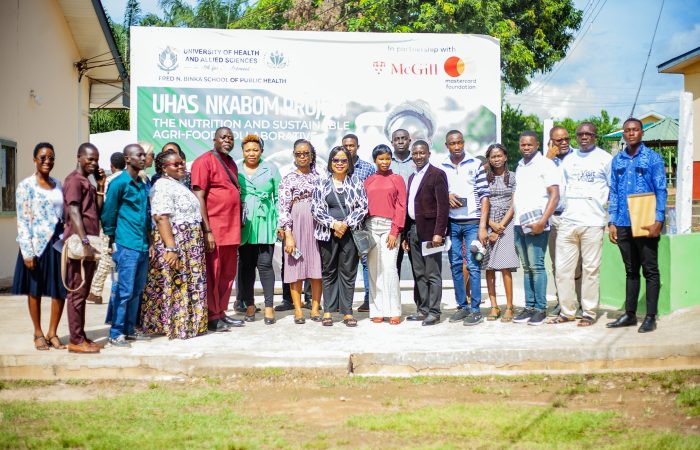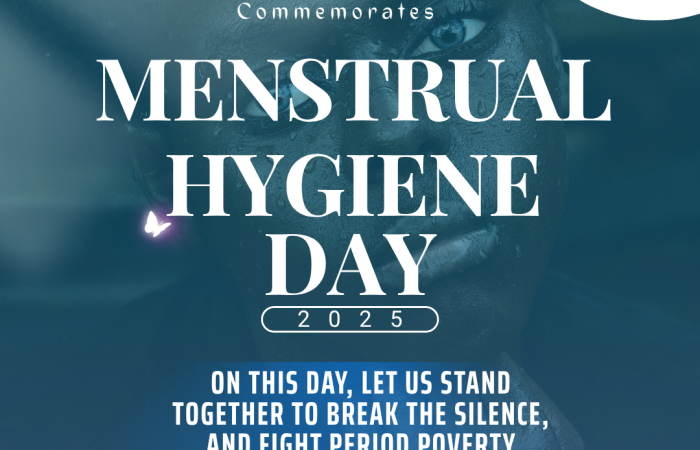At the Generation Equality Forum in Paris, UN Women convened a high-level dialogue to highlight what is needed to ensure transformative change in the lives of women and girls with disabilities as the world accelerates the implementation of the Beijing Declaration and Platform for Action and builds back better from COVID-19.
Even among women and girls, who have been disproportionately affected by the impacts of the pandemic, those with disabilities have fared worse due to the multiple and intersecting forms of discrimination that they are subjected to.
Participants shared key solutions and recommendations on integrating a Leave No One Behind approach and focusing on disability and inclusion across the six thematic areas of the Action Coalitions and the Compact for Women, Peace and Security and Humanitarian Action. In addition, the event highlighted the compounded impact of gender and the COVID-19 pandemic on women and girls with disabilities across two regions: Asia Pacific and Eastern and Southern Africa.
Haidi Zhang, Chairperson of China Disabled Persons’ Federation, highlighted the efforts of the Chinese Government towards inclusion of women and girls with disability, including providing rehabilitation assistance and skill building for persons with disabilities and building state-level rehabilitation centres.
“Economic empowerment is vital for the development of women and girls with disabilities. The Chinese Government has incorporated Disability Affairs into the national development plan by granting living allowances to persons with disabilities in financial difficulties, including nursing support for those with severe disabilities. By the end of 2020, more than 7 million persons with disabilities have been lifted out of poverty,” said Zhang.
Florence Ndagire, Chairperson of the UN Women regional Civil Society Advisory Group for Eastern and Southern Africa and the first visually impaired female lawyer in Uganda emphasized the strides made about the opportunities that exist to empower women and girls with disabilities: “Uganda has been able to demonstrate great achievements to secure and advance the rights of persons with disabilities through constitutional recognition of the inherent dignity of persons with disabilities and guarantees affirmative actions through the passing of the Persons with Disabilities Act, 2020, which recognises the right of women with disabilities; and the ratification of the Convention on the Rights of Persons with Disabilities without reservation.”
Tobeka Lwana, Director at Cultivation Point and Do Good Circle, highlighted the need of accessibility, technology, financing and language as the key tools to advance the cause of women and girls with disabilities.
“Exclusion cannot continue to be the norm,” said Lwana. “We need to incorporate the human rights of persons with disabilities into the main development conversations and agendas.”
Additionally, Abia Akram, CEO, National Forum of Women with Disabilities (NFWWD), Pakistan, and Co-Chair, Asia Pacific Women with Disabilities Network, recommended that the Generation Equality Forum and the Action Coalitions take a multi-track approach, including women with disabilities and their contributions in all aspects.
“Disability rights are human rights,” said Akram. “When we talk about the leadership of women and girls with disabilities at the Generation Equality Forum, we can provide the advisory role and unique space for them to contribute at all levels.”
Maria Soledad Cisternas, the UN Secretary-General’s Special Envoy on Disability and Accessibility addressed the unique issue and disproportionate effects of discrimination against women and girls living with disabilities. She further highlighted the need to promote security and a life of dignity through the Convention on the Rights of Persons with Disabilities, emphasizing: “There are synergies between the CRPD and the Agenda 2030, particularly Articles 6 and 25 on Women with disabilities; and both documents are important for UN member states to ensure gender and human rights for all.”
The event concluded with a video message from Sophie Cluzel, French Secretary of State in charge of People with Disabilities, underlining the need for a society which is inclusive, free of stereotyping and is with all people and for all people.
“In France, we place at the heart of our public policies those issues that originate from the most vulnerable sections and from the field,” said Cluzel. “And without [the contribution of] women with disabilities and their representatives, our policies will not be comprehensive.”
CREDIT: UN WOMEN


